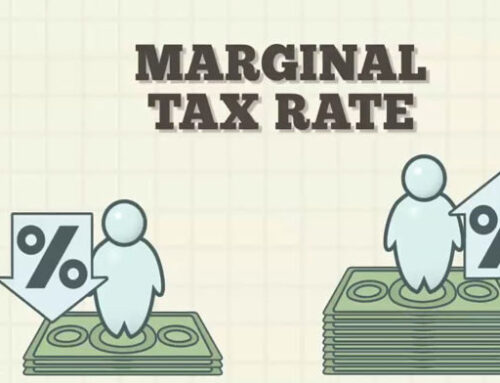In March, the Liberal government unveiled the federal budget for 2017-2018, introducing various significant changes that directly impact taxpayers across Canada. While the federal budget’s impact speech on March 22nd included a limited number of tax measures, it remains crucial to be aware of these changes and their implications for you and your family in the years ahead.
Understanding the Implications: How the Federal Budget’s Impact Your Finances and Taxes
Farewell, public transit amount
The government announced the elimination of the public transit amount, which allowed taxpayers to claim expenses related to public transportation. The credit will still be available for the 2017 tax return but will be phased out from July 1, 2017.
Exploring the Tax Changes in the Federal Budget’s Impact: What You Need to Know
HST/GST for ride-sharing services equals leaner wallets.
To create a level playing field, ride-sharing services like Uber and Lyft will now be subject to HST/GST charges, making rides more expensive for consumers. This change will be effective from July 1, 2017.
Time to claim that fertility treatment
A positive change in the federal budget allows more individuals, including single women and same-sex couples, to claim the cost of reproductive technologies as medical expenses, without the requirement of a medical infertility diagnosis. This change is retroactive for the past 10 years, allowing individuals to refile their taxes.
EI enhancements
The government introduced various enhancements to the Employment Insurance (EI) program, including extended benefits for those supporting family members recovering from critical illnesses or injuries for Federal Budget’s Impact, expanded benefits for parents of critically ill children, and the ability for unemployed workers to pursue training without losing EI benefits. Changes were also made to parental benefits, offering an extended period of 18 months at a reduced rate and allowing women to claim maternity benefits for up to 12 weeks before their due date.
First-time donor’s super credit no more
The first-time donor’s super credit, providing an additional 25% tax credit for donations to registered charities, will expire at the end of 2017. Donors who haven’t claimed a charitable donation tax credit since 2007 should consider making a donation before the credit expires.
Also read: Boosting Business Through Automation: 5 Key Enhancements

Tax evasion be gone.
The government emphasized its commitment to combat tax evasion and avoidance through increased verification activities, hiring additional auditors, targeting the underground economy, and improving the investigation of tax evaders for Federal Budget’s Impact. Transparent taxpayers shouldn’t be affected, but the focus is on ensuring everyone pays their fair share moving forward.
Recent Posts
FAQ
What positive change was introduced in the federal budget regarding reproductive technologies and medical expenses?
The positive change in the federal budget enables more individuals, including single women and same-sex couples, to claim the cost of reproductive technologies as medical expenses. The requirement of a medical infertility diagnosis has been eliminated. Furthermore, this change is retroactive for the past 10 years, allowing individuals to refile their taxes and claim these expenses.




